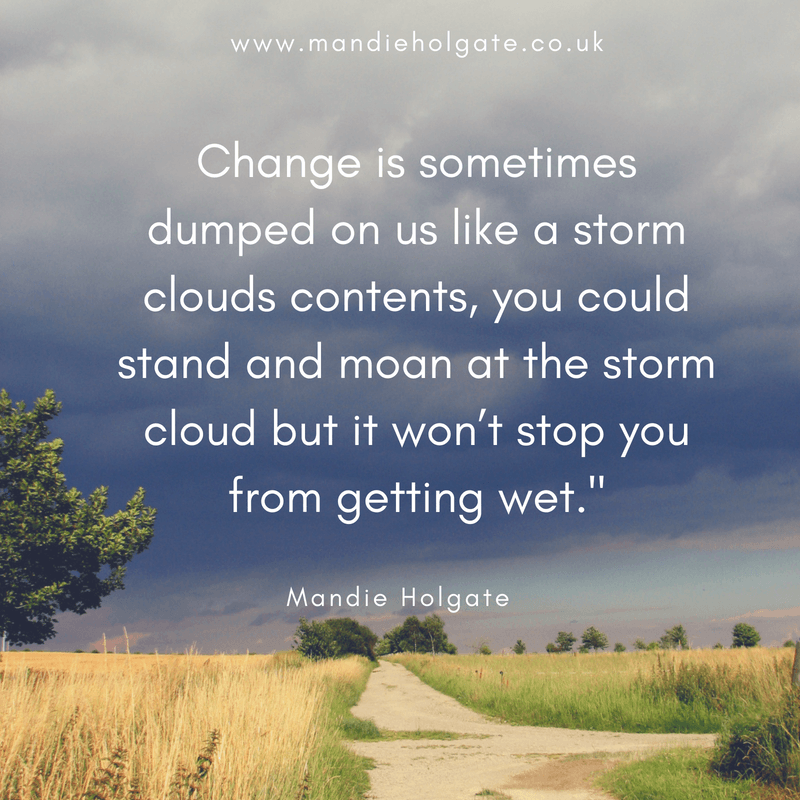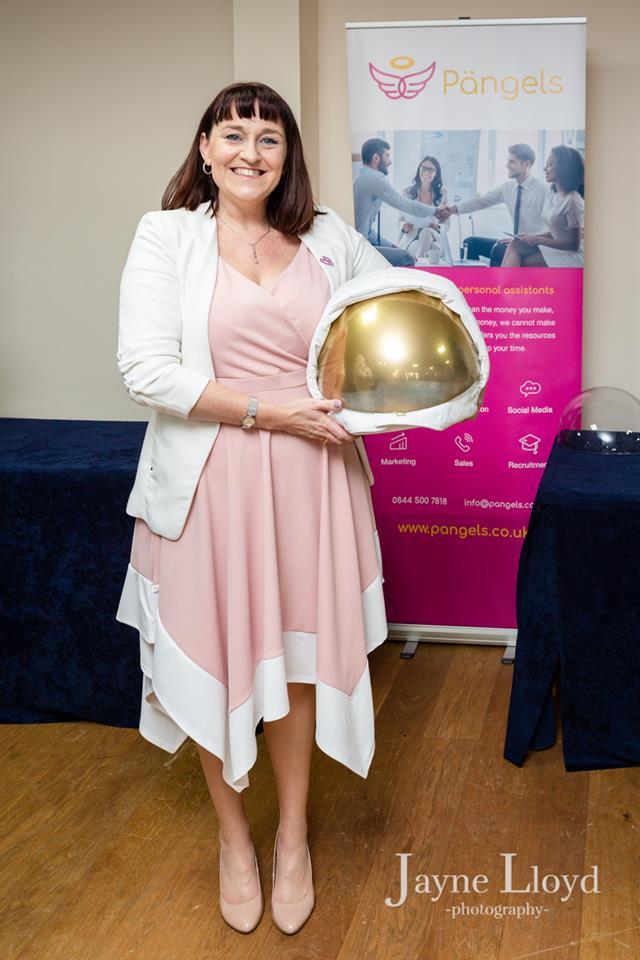How to reduce absenteeism to zero
According to the Centre for disease control and prevention over 40% of US citizens reported mental health challenges in June 2020(1). Here in the UK evidence suggests that 12.7% of all sickness absence days are related to mental health conditions, with improvements we could save UK businesses up to £8 billion per year. (2) (3)
When you consider how mental health and well being can impact on productivity, creativity and business it becomes essential for you and your team that you understand what you can do to help everyone to feel emotionally strong and confident in these tough times so your organisation can thrive no matter what.
Would it surprise you to know that my clients have reported the very opposite in the pandemic.
One company recently advised me that they experienced zero absenteeism in lock down – 3 months, 224 members of staff and not one sick day!
Another said they were really impressed how everyone “naturally adapted” and were working better together as a team despite not being able to see each other.
Another said they had hit all their targets.
And a few more have taken the time to let me know they were surprised to have their best quarter trading ever.
This is not by magic, or accident, or by being in the right industry for a pandemic, this is because through the coaching process with me, everyone that I work with has learnt how to honour who they are and how they want to work and develop feeling part of the end result that is aimed for.
Here is a quick guide on how to coach yourself or your team to achieve and protect your mental health.
1. Create a mental health tool kit – this article will guide you how and if someone says yours will look the same as someone elses, they are wrong – there may be many elements that overlap but no one on this planet has lived your life and that is why it needs to be unique to you. One of the key things my clients learn is that one size doesn’t fit all. You are unique so your solutions are unique too. In 16 years of coaching I’ve seen the same problem many times, but never have I seen 2 clients create the same solutions and action plan.
2. Structure may be a golden ticket to a healthy resilient mind, on the other hand it may be the rod that breaks your back. Ask yourself this “If I was to get a free pandemic safe holiday to my dream destination and I had to leave in 4 hours time, how would I feel?”
This question gives you a good idea on your natural style. My clients learn not to fight who they are. So if you answered this question with “Woo hoo, let’s go!” You probably don’t need a lot of structure in your life because you can adapt fast and find the positive in a situation. (The down side of this is you can be easily distracted and that can be bad for productivity, solutions and results.)
If on the other hand you found yourself hyperventilating and stressed out thinking “What about the cat, the dentist on Tuesday or the milk in the fridge” you are probably someone that likes structure, you like to know what is happening when and if it doesn’t the control freak in you (there is nothing wrong with being a control freak as long as you control it and it doesn’t control you) is getting seriously upset.
Don’t fight who you are. If you need structure create it. And as you will see with the next top tip, whatever is your natural style to getting work done make sure you tell people.
3. Communicate it. If you need it nice and quiet then tell the family if you are still working from home. If you are struggling then talk to someone. You are not a robot that can have a new bit of programming shoved in and instantly produce high quality work as usual. If you need help to adjust tell someone. I’ve had a lot of new clients in lock down who are really struggling with working form home. It hasn’t taken many sessions to help them to be more resilient, create a great work life balance and actually achieve more. They talked to their boss and their boss being the forward thinking find solutions type of person they are didn’t tell them to “toughen up” they helped them find their natural style and honour it.
It’s interesting that it doesn’t matter what your industry or profession, I can still coach you to achieve more. Coaching is helping the individual find the solutions to the issues they feel they face. Even if that is worded completely differently to what the company needs we always bring the two into alignment so the company, the team and the individual all perform better. Because ultimately it is about what is going on in each persons head that matters. So don’t assume people know what you are thinking. Ask for help, define the new way of working and communicate it.
Likewise if you are the leader of a team, just because you meet with everyone once a week don’t assume they are happy, performing to optimum levels or not suffering mentally. It is only in non judgemental confidential conversations people are really honest. I’ve seen so many clients in the last 6 months who have put on a great act, met targets and done okay, but after coaching everyone at work has seen a dramatic improvement in the individual and their results.
People have a habit of suppressing how they are feeling or what they are dealing with. How many times has someone said to you something after the event and you’ve said “Wow, I had no idea.” Trust me, it’s happening closer to home than you realise.
4. Please ditch the guilt. People think they are impressing me when they tell me they started at 6am and worked until 10pm and still managed to keep the house clean, teach the children algebra and bake a cake. You aren’t impressing anyone. Burn out happens to people that are living their live like everyone is judging them. Even if they are judging you that’s their issue, not yours.
Don’t aim for super human, aim for happy human.
If you enjoy baking and teaching your kids then great, but if you don’t no one is going to beat you up for putting a Disney film on a giving them a hug for a couple of hours. Its essential you meet deadlines but don’t try and do everything. You are allowed to say to your children/dog/partner “I’m sorry I need to work for 2 hours, we could do something at 2pm.
Guilt will eat you up, take brain space and stop you from being productive an happy. So ditch the matyr act and the guilt.
4. Environment. When you go to work you dress in a certain way, have a route to work, a routine. Even if you don’t crave routine you still need to create the work mindset. What helps you get into a working mindset? This article especially top tip 13 will help you consider how to achieve the perfect environment. http://www.mandieholgate.co.uk/corona-virus-and-working-from-home-how-to-stay-motivated-productive-and-achieve-more/ This is essential for the tough days so that even if you aren’t feeling it, your brain is getting signals to get into the working mindset – yes you can programme your brain, it just takes a bit longer than a robot and what works for one human won’t work for all, so you are clearly not a robot, so don’t try to act like one.
5.Boundaries. Leading on from guilt, its not a crime to get specific on what you need. I like it quiet when I work, so if I can’t have that I put the noise cancelling headphones in and the instrumental/classical music on. Sometimes just wearing them is a signal to my family to leave me alone. That’s not me being mean, that’s me putting myself on the importance list too. Not instead of them, as well as them. What boundaries do you need to put into place to protect your mind so you can perform well at work?
6. Be nice to you. Looking after everyone else and not you is also a fast track to an unhealthy mind. Take a break. Studies show we struggle to think and work productively in anything over an hour session. (Find out your optimum concentration time. Mine is approximately 25 minutes. So I know to do something, do something else and then return to the task in hand. So I will start this article, then answer an in depth email in depth, make a call and then return to the blog article. Everything is achieved but in a way that honours me. And it means I’ve time to play hide and seek with the dog and get some exercise too!
What would your perfect working day look like if you include you time? One client realised they were saving 10 hours a week from the weekly commute and using all of them for work! We split that 50 / 50 and they now have 5 hours a week to read, paint and bake cakes. Guess what? Productivity has gone up using less time!
7. Team time. How are you going to ensure the team is always on the same page? How are you going to ensure you are always on the same page as your customers and suppliers?
Don’t dismiss the importance of the water cooler moment. Those moments of free talk with no agenda are critical for many reasons. And many people are really missing the random conversations that lead to great ideas and innovation. One company I’m working with now take it in turns to meet up for a coffee and a walk once a week. In this way the team are more aware of how each other are feeling, what people are working on, struggling with or need advice on. How will you ensure you have productive team time? Not where you project what the company needs but understand each others needs? It is documented that when an individual feels part of the end goal they are 92% more likely to achieve for you even without a financial reward. If they don’t feel connected to the outcome that can drop to 0%! Which leads us on to…
9. Clear goals and focus. You may assume everyone knows what the organisational goals are and when and how they are to be achieved, but without input from all parties you risk not hitting the mark. A coaching day is a great way of hearing what everyone really thinks about your great idea, plan or goals for the future.
I’ve seen many a CEO or Bosses shocked face when they’ve been coached along with their team as they hear what people really think. One company had just invested in a new marketing campaign and brand worth over £10,000 but hadn’t engaged all departments, In our first coaching day one member of staff (who rarely spoke up) said “Where does it say care? We care right?” They were in the health and wellness industry and hadn’t mentioned the key elements of what they felt they stood for. That day led to a new mission statement, a new tagline and a far more powerful marketing strategy that the whole company helped create – imagine how powerful that is for their future goals and success?
The interesting thing is these companies often have training and meetings and brain storming sessions, trust me nothing is more unique than coaching with an external person to get to what is really stopping you, your team and your company from reaching new levels of success. It’s so powerful even I am blown away by the results. If you would like to know how coaching could help you and your team be more resilient, confident, capable, agile, creative and productive no matter what you face, get in touch. I love the phone ringing – 01206 381482 / 07989 935556
(2) ONS. (2014). Full Report: Sickness Absence on the Labour Market, February 2014. Retrieved from webarchive. nationalarchives.gov.uk/20160105160709/http://www.ons.gov.uk/ons/dcp171776_353899.pdf [Accessed 28/07/16].
(3) Sainsbury Centre for Mental Health. (2009). Briefing 40: Removing Barriers. The facts about mental health and employment. Retrieved from ohrn.nhs.uk/resource/policy/TheFactsaboutMentalHealth.pdf




